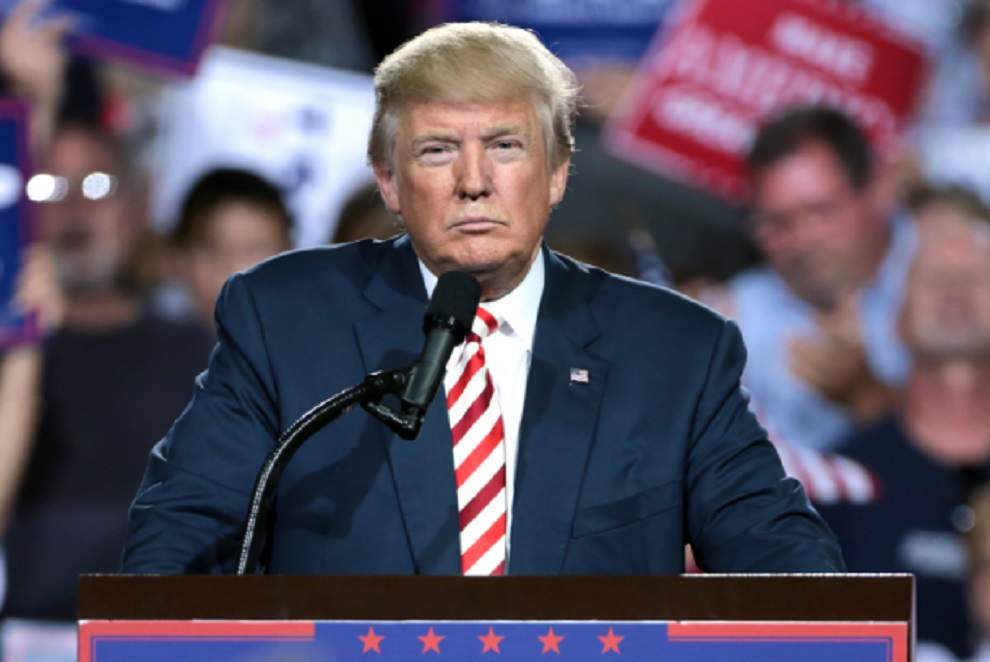In the aftermath of any political cycle, there is inevitably a short-term impact on the economy. With the election of Donald Trump in November 2016, the American economy – one of the largest in the world – didn’t quite seem to know what to expect. The businessman was expected to be light on regulations and business, meaning Wall Street primarily approved of his election – but as yet, there’s little sign of his campaign promises coming to light. Bogged down by discussions of healthcare, the tax reform Trump promised has yet to move onto the agenda.
So given the executive branch is largely uninvolved with policy at this point in time, how is the American economy faring?
One of the best indicators of how an economy is performing is house prices. The story of the current state of American house prices tells an interesting story. At first glance, it looks like nothing but good news.
On The Surface: House Prices Are Up
House prices are doing well across the entirety of the USA, which is somewhat surprising given otherwise mixed economic fortunes. The initial news wasn’t great for the market itself; as the usually-busy spring period saw a fall in the number of sales that were completed. There was, however, a rebound in June.
The story is more than just about the sales, though. The way that houses are priced tends to be reflective of the overall economic circumstance. This follows naturally; if everyone is doing well in terms of earnings and low unemployment, then they have more money to spend when it comes to finding homes for sale.
But what if people aren’t doing that well?
Evidence is now emerging to suggest that while house prices are still climbing and sitting at rates not seen since the 2008 financial crash, there’s a problem: people can’t afford them.
The Wages Problem
Put simply, the statistics make for grim reading, suggesting a burgeoning property bubble where only the rich can afford to buy their own home. House prices are rising, but at a rate double that of the speed of wage rises. This places the average American worker in an impossible situation. They aren’t earning enough to keep pace with the market, so while those list prices might be higher, even the most skilled realtor is going to struggle to get full price when a sale is on the horizon.
What Does The Future Hold?
Trump and his administration follow a brand of economics that is commonly referred to as “trickle down” economics. The idea is simple: if you make it cheap for companies to exist – such as by cutting corporation tax, as Trump promised on the campaign trail to do – then businesses become more wealthy, more people are hired, wages rise, and the economy booms. With healthcare now looking to be in the rear view mirror, there’s a good chance Trump’s tax reform will involve an assertion of this philosophy.
The problem? It’s been practiced for some time now in the west, and it just doesn’t seem to work. For as long as wages are stagnating, the housing market is going to suffer from the problems that were foreshadowed through the spring: high prices, but no one able to buy them.











Add Comment